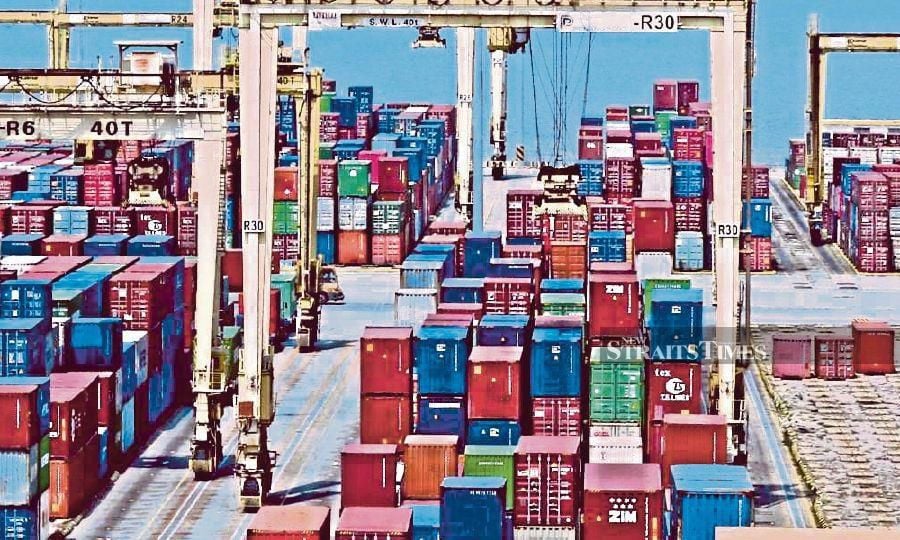KUALA LUMPUR: Thailand's plan to construct a port and a land bridge that would bypass the Straits of Malacca, is expected to have significant implications not only for Malaysia but also for Singapore and Indonesia.
Professor Datuk Dr Alias Abdullah, Head of the International Islamic University Malaysia (UIAM) Chapter of the National Professors Council (MPN), said that Thailand's plan would impact the local logistics sector and major ports in Malaysia.
He said that the effects would be particularly pronounced on the operations of Port Klang, Kuantan, and Tanjung Pelepas, with fewer ships passing through the Strait of Malacca once the planned ports are completed.
"However, there will be pros and cons. The most important thing is that we need to develop a holistic plan for the country's logistics sector, including one that will benefit the tourism sector. If it is indeed built and completed, Malaysia needs to leverage the economic benefits, especially for the tourism sector, where cruise ships can be utilised," he told Harian Metro.
He suggested that the government take certain actions, including improving port services for large company vessels using Malaysian ports. If possible, the government should offer something more competitive and provide better returns compared to using facilities in the proposed Thai project.
"Additionally, we need to create a regional economic growth zone between southern Thailand, Malaysia, and Sumatra, Indonesia, to ensure mutual investments and benefits. Socio-political and diplomatic cooperation between Thailand and Malaysia in the region should also be enhanced for mutual assistance in any collaboration that brings mutual benefits, advantages, and investment returns," he added.
While discussing the impact of the Thailand port construction on Penang, he said that it might or might not be beneficial, depending on Thailand's and the regional country's economic strategies. Nevertheless, he saw potential attractions in terms of the tourism sector.
The Ministry of Economy is currently conducting a study on the impact of Thailand's proposal to develop a billion-dollar project to build a land bridge to reduce shipping time between the Indian and Pacific Oceans.
Economic Minister Rafizi Ramli said that the best step is to gather data and assess how the proposal will affect the country's economy. Any decisions will only be made after reviewing the study's results.
He made these remarks while commenting on a business report saying that Malaysia's port shipping operations might face disruptions if the plan to bypass the Strait of Malacca becomes a reality.
Thailand has proposed a billion-dollar project to reduce shipping time between the Indian and Pacific Oceans by avoiding the busy Strait of Malacca.
Prime Minister Thailand, Srettha Thavisin, informed investors in San Francisco that the project could shorten travel time by about four days and reduce shipping costs by 15 percent.
With traffic volumes expected to exceed the capacity of the Strait of Malacca by 2030, the new project aims to ensure smooth cargo flow.
The Landbridge project, estimated to cost around 1 trillion baht (US$28 billion), involves the construction of sea ports in both parts of southern Thailand, connected by a comprehensive network of highways and railways. The 90-kilometer route will serve as an alternative to the proposed Kra Isthmus Canal.


